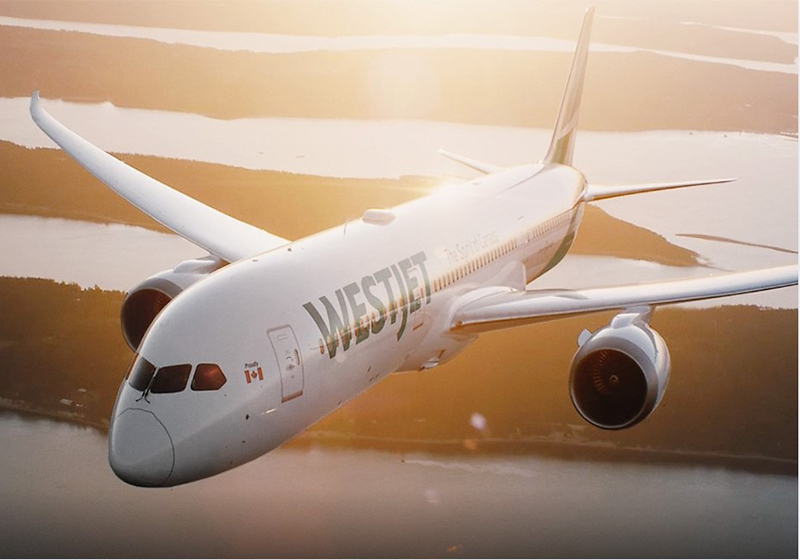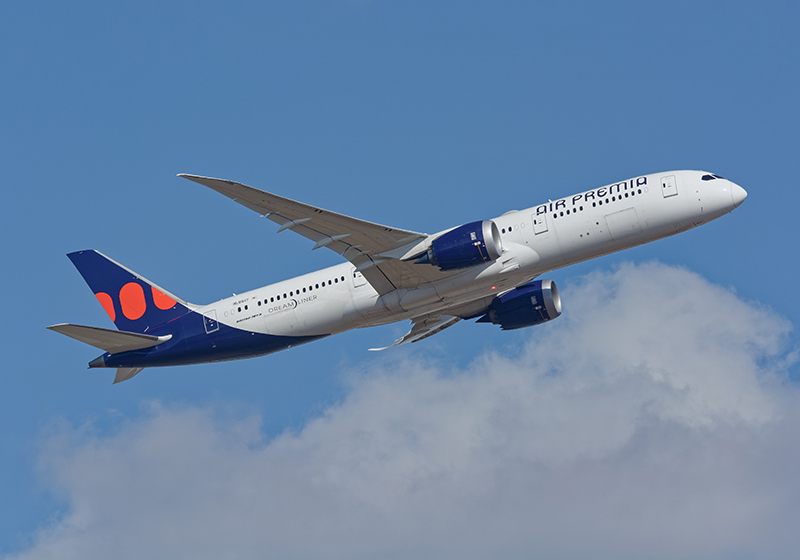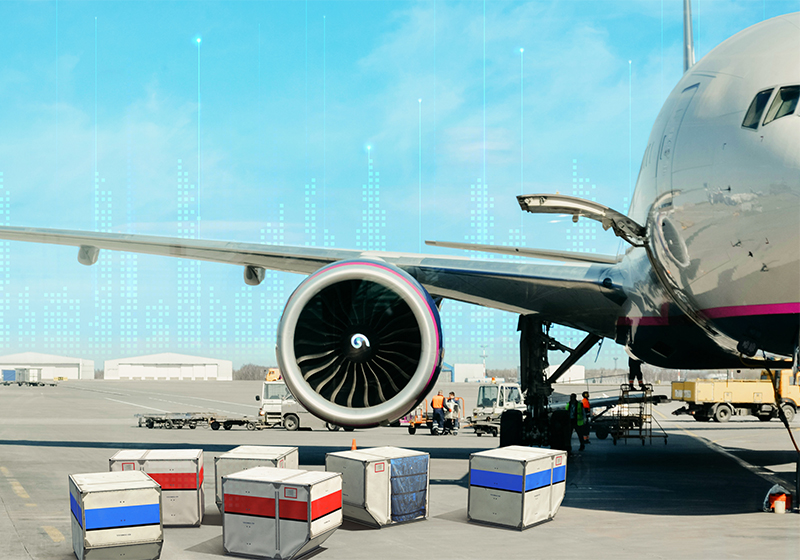WestJet’s cargo business had a highly successful 2024, marked by growth across multiple fronts. The airline saw a surge in belly cargo demand, expanded its network with new routes and partnerships and embraced digital innovation to enhance the customer experience.
“WestJet’s belly cargo business has emerged as a key driver of success for WestJet Cargo, with a 60 per cent year-over-year increase in revenue,” said Kirsten de Bruijn, WestJet Executive Vice President, Cargo. “We’ve seen strong performance on key routes like Narita-Calgary Incheon-Calgary.”
While the airline recently confirmed it would eventually phase out its four dedicated freighters, it is committed to expanding belly cargo opportunities in markets where WestJet operates passenger service, as well as offering cargo on new routes.
“As WestJet welcomes more aircraft to its passenger fleet, WestJet Cargo will grow alongside,” said Julius Mooney, WestJet Director of Commercial Cargo. “Supported by a strong logistics and operations team, WestJet Cargo is poised to continue its successful growth in the competitive belly cargo sector.”
WestJet Cargo has secured a Block Space Agreement with Virgin Atlantic, boosting cargo capacity between Toronto (YYZ) and London (LHR) and enhancing trade links to Europe, Africa, the Middle East, and Asia. Additionally, WestJet Cargo has upgraded its website and digital platforms, integrating with cargo.one and cargoAI to improve booking, tracking, and operational efficiency, while introducing new services like Campus’Air for university and research cargo.
With the successful growth of the belly cargo business on track and the strategic decision to exit the cargo freighter business, Kirsten de Bruijn, a seasoned cargo and aviation leader, announced her decision to leave WestJet.
“Building out this important growth opportunity for WestJet was very rewarding,” continued de Bruijn. “Unfortunately, the freighter business came with timing delays and additional complexity that no longer made it the right commitment for WestJet.”






